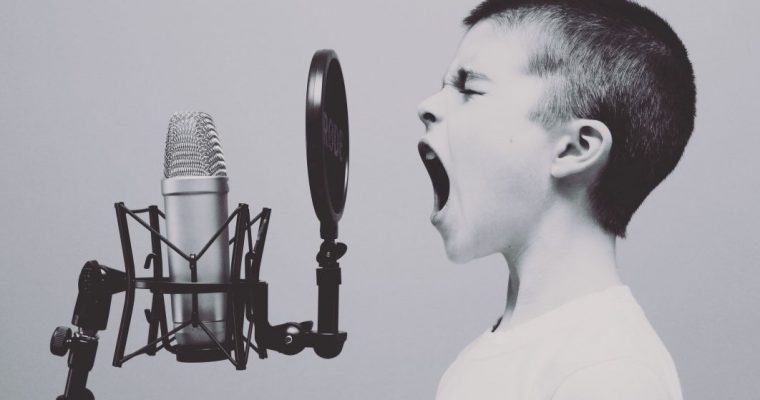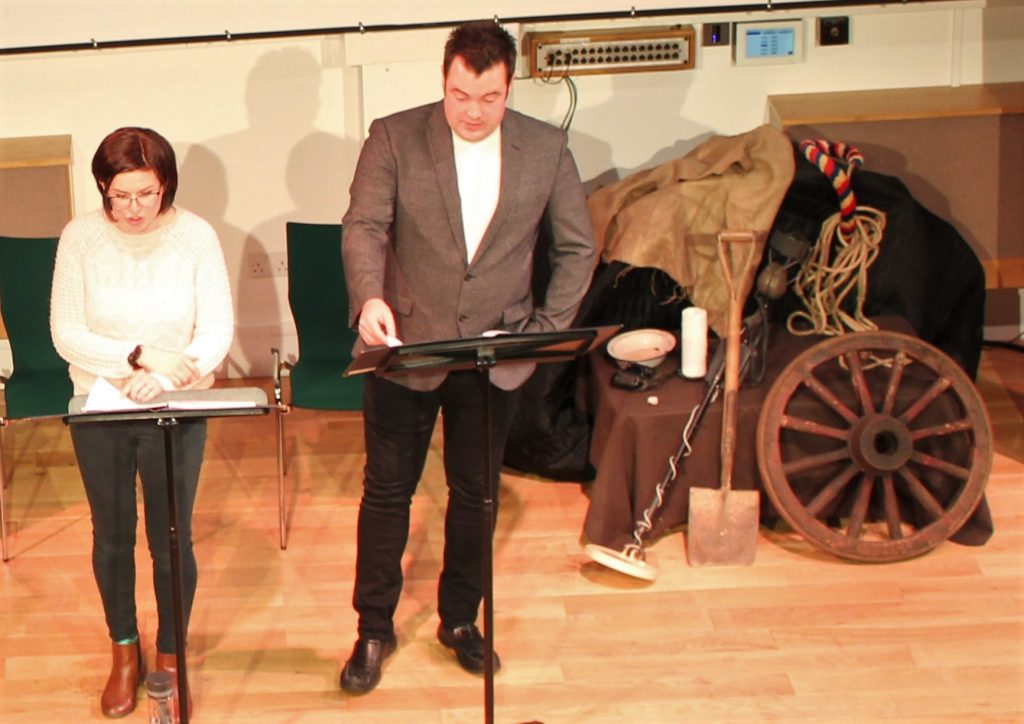It is said that every poet should find their own voice.
But perhaps not every poet should use it – or not in public, at least.
Reading your work in to an audience is not the same thing as reading it at home. No matter how good the words are, someone needs to breathe life into them and, invariably, that someone should not be the writer.
Now, I have the greatest respect for Dylan Thomas (the writer, not the man). But if I had come across Dylan reading Under Milk Wood when I was ‘dreaming wicked’ as a boy, would I have been electrified by it’s sonorous music?
His pulpit delivery, occasional awkward pauses and strange intonation induce sleep not stunning revelation. Bored, I suspect that I would simply have tuned out, turned on my brother’s Atari and zapped a few space invaders for the pure nihilistic exhilaration.
Fortunately for me, on my first visit to Under Milk Wood I was not guided by the poet but by Richard Burton, who knew everything there is to know about setting the senses on fire. It must have been a 1970s rerun of the 1954 classic. That original BBC radio play remains the defining moment of post-war performance poetry. The irreverent humour, the exuberant joy of word-music, the tension of a world about to explode with angry young men. It’s all there. And teenagers still get it (as I discovered recently when using it in a workshop with Year 10 students).
Those same students would not have understood the recent review in PN Review entitled ‘The cult of the noble amateur’. The piece attacked Hollie McNish’s incredibly popular work for it’s supposed lack of craft and sent shockwaves through the broadsheet papers. It mistook the directness of youth for brash naivety.
True, we all need to learn our craft and performance poetry often does not translate well to the written page but the reverse is also true. There is a strain of poetry that is meant to be viewed (like an artwork on a wall) but it is no better than any other.
Poetry grew out of music and music is meant to be heard. We should remember our roots and celebrate them. We should not merely focus on the marks on the page, but their sounds, rhythm and the audience they anticipate.
‘That’s what all we are: amateurs.’
As that master of performance Charlie Chaplin said ‘That’s what all we are: amateurs. We don’t live long enough to be anything else.’ Let’s not be snobbish about this, we are all still learning.
Perhaps the biggest thing that poets need to learn is not that some poetic forms are intrinsically better than others but that some are better performed and some are better left as eye-candy on the page.
At least that’s what I thought until I started working with the composer Jenni Pinnock on ‘Cracked Voices’. The experience taught me that even a poem obviously written for the printed page (in this case a schizophrenic mono/dialogue based on a meeting between Charles Dickens and the ‘Hertfordshire hermit’) can, in the hands of a skilled composer and interpreted by a singer like Donna Lennard or Miles Horner (people who have spent years learning their craft), become a spine-tingling performance piece.
Which takes me full circle. A good performer is someone who can take a work and focus it like a lens until it becomes something far greater than the marks on the page.
Are you sure you’re Richard Burton? If not, perhaps you still need to find your voice.

